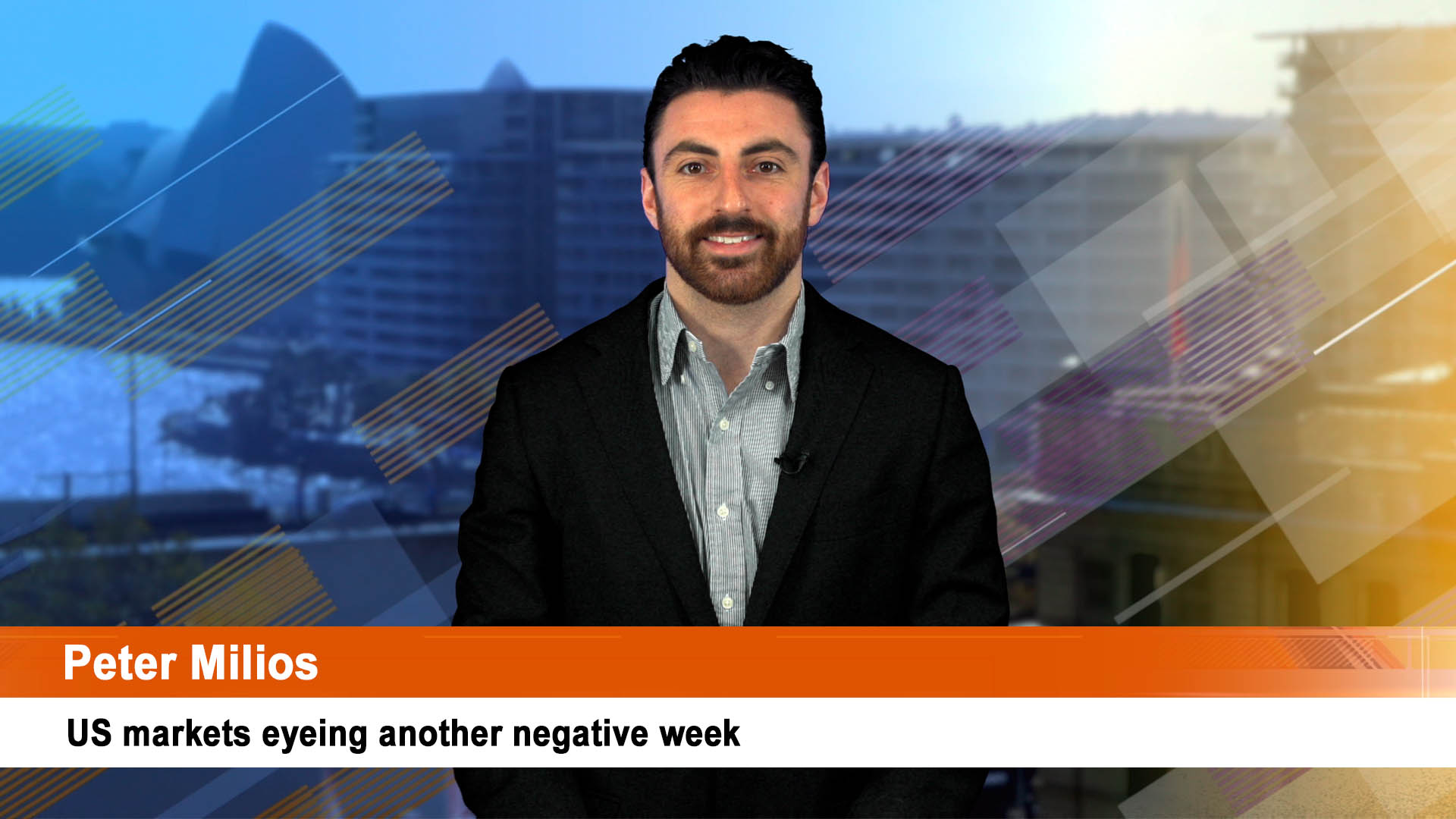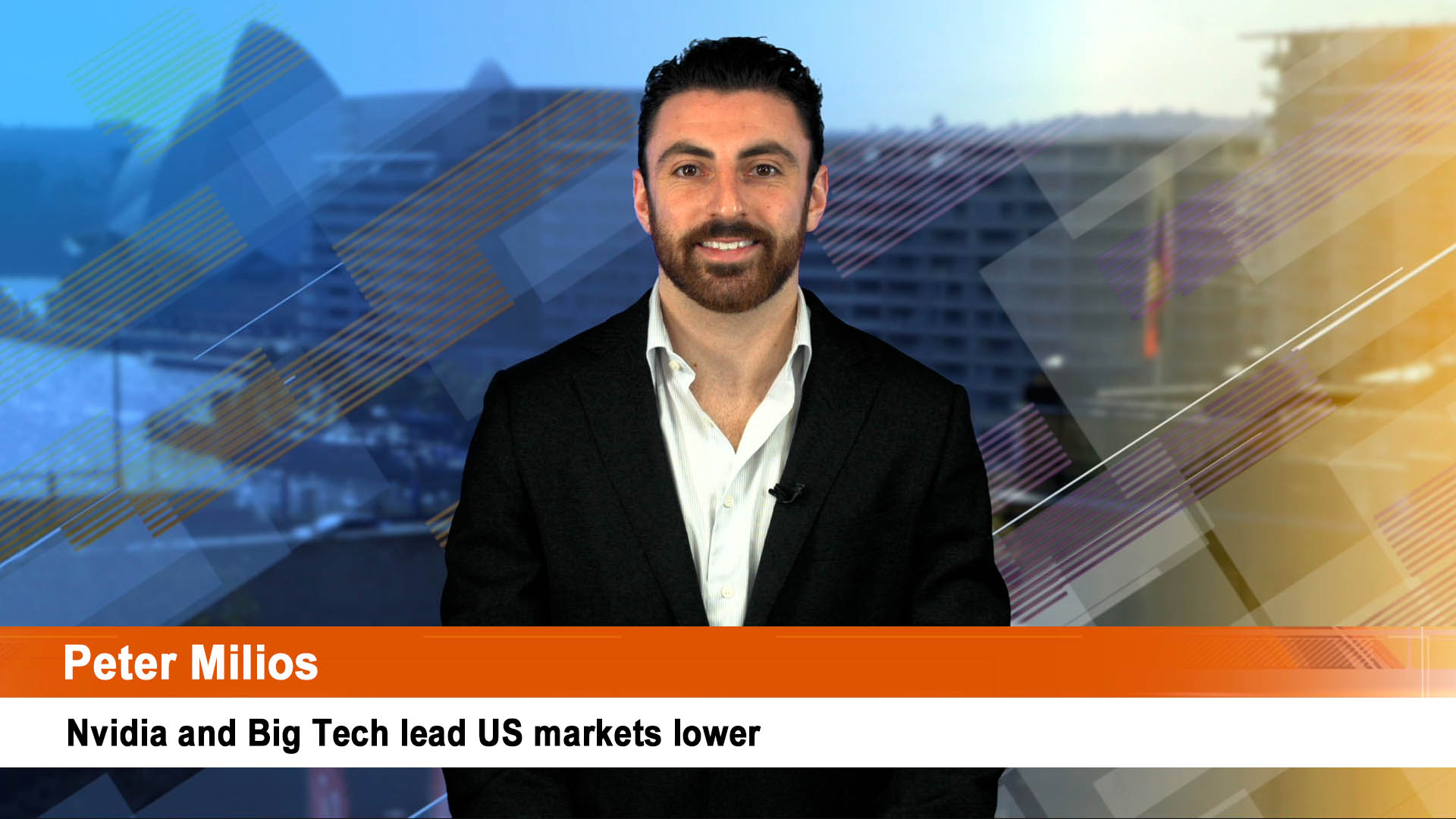It’s no wonder the Chinese stockmarket is among the worst performers globally at the moment, even though the economy recovered first from the pandemic and has been growing strongly now for the past 8 months.
The Chinese government is the source for most of the problems and weaknesses in the markets.
There’ve been constant attacks on businesses, including Alibaba founder Jack Ma, a stream of warnings from regulators and the central bank about debt, stockmarket volatility, property prices, loans and lately, a crackdown on pollution and capacity cuts in the huge steel industry.
Then there’s the attacks on democracy in Hong Kong and stepped-up pressure on Taiwan which the US has criticised several times and raised tensions.
It’s why the country’s senior stockmarket index, the CSI300 (which blends the top blue chips on the Shanghai and Shenzhen stock exchanges) was actually 6 points lower on Friday than when it started 2021 and the Shanghai Composite has struggled to produce a rise of 0.3% in the same time.
These fears haven’t impacted the Hong Kong stockmarket where the Hang Seng index is up 6.3% so far this year.
By way of comparison the ASX 200 is up 3.9%, the Dow is up 8.3%, the S&P 500 is up 7% and the Nasdaq is up 4.6%.
That’s despite China being the only economy to experience positive growth in 2020 (the US economy shrank by 3.5%).
Now the US and Australian economies for instance seem to be enjoying stronger growth than China, judging by the sharp expansion mapped by the various surveys of manufacturing and service sector activity for March in China, the US and Australia.
The near constant warnings and attacks on business, markets, banks and others seem to have shattered confidence and adds to the campaign of intimidation that President Xi Jing Pi is using in Hong Kong, Taiwan, against countries like Australia and the UK and against western companies like H&M and Burberry for daring to criticise China’s treatment of the Uyghurs and the used of forced labour camps.
Last week saw a crackdown on the steel industry (see separate story) and on the same day as that was announced, China’s central bank warned of growing financial risks in the country that have accumulated over the years, as well as shocks from overseas uncertainties.
The detailed comments mark the latest warning from high-level officials in China in recent weeks about domestic market risks.
These risks include “oscillation” in the stock and fixed income markets and potential bond defaults in real estate companies, according to comments from Zou Lan, director of the People’s Bank of China’s financial markets department.
The detailed comments mark the latest warning from high-level officials in China in recent weeks about domestic market risks.
The coronavirus pandemic and high volatility in international capital flows have also shocked the Chinese financial markets, Zou told reporters.
“The stock, bond and commodities markets face oscillation risks,” he said, according to a translation of his Mandarin-language remarks by US financial news group, CNBC.
“A small number of large-scale enterprise groups are still in a period of risks being exposed, middle and low-quality enterprises still face financing difficulties, and the risk of default is rather high.”
Zou added that pressure from rising house prices in some “hot” cities is relatively large, and the potential of debt default and other risks among highly leveraged medium-sized and small real estate businesses is worth watching.
New home prices rose by their fastest rate in five months in February, according to Reuters and on the weekend the Financial Times reported small local banks and foreign banks were moving to restrain property lending as they react to the pressure from the central bank and banking regulators.
Reuters reported that People’s Bank of China officials told Thursday’s press conference that monetary policy would remain stable and supportive (That’s the usual mantra for China).
But there is clear evidence of the central bank slowly tightening monetary policy in recent months to try and slow lending for property transactions.
Reuters said that Zou did not give specific details on how the financial risks he mentioned would be addressed.













